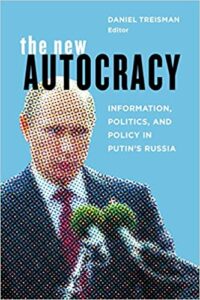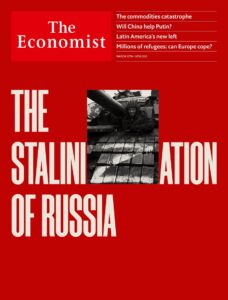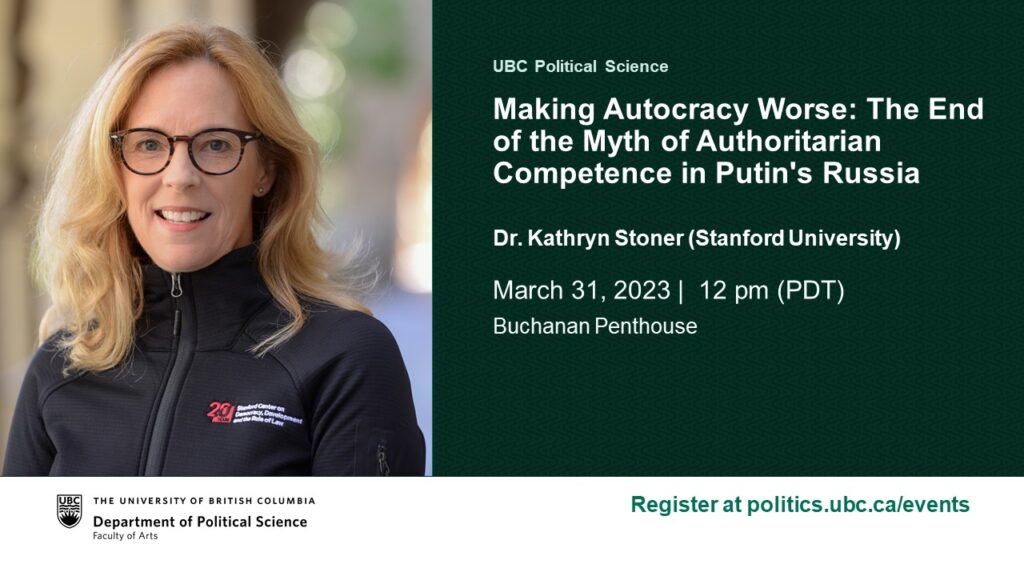 Russia’s invasion of Ukraine sent shockwaves around the world and revealed divisions between the developed democracies backing Ukraine and many developing countries that chose not to take sides, according to the EIU’s 2022 Democracy Index.
Russia’s invasion of Ukraine sent shockwaves around the world and revealed divisions between the developed democracies backing Ukraine and many developing countries that chose not to take sides, according to the EIU’s 2022 Democracy Index.
The country “has been on a trajectory away from democracy for a long time and is now acquiring many of the features of a dictatorship,” the report said. “Russia’s violation of Ukraine’s sovereignty is the product of an imperial mindset (an “empire state of mind”).”
Following the invasion of Ukraine, Russia’s score showed the most dramatic drop of any country in the world, recording a fall of 0.96 points to 2.28 – falling 22 places down the ranking to 146th, the survey finds:
Vladimir Putin’s ambition of restoring Russia’s position as an imperial power is fiercely opposed by the West, but the condemnation by non-Western countries is by no means universal. Around two-thirds of people live in countries whose governments are either neutral or Russia-leaning. Mr Putin’s propaganda machine is attempting to persuade the global south that the West’s goal is to “divide and destroy” Russia. In Russia itself, the state’s firm grip on the media and crackdown on anti-war protestors contributed to an all-time low score of 2.28. RTWT

U.S.A.I.D. will provide $18 million from the U.S. Russia Investment Fund to support Russian pro-democracy groups, including the independent news media, human rights monitors and civil society groups that may have been exiled, The New York Times reports.
Putin’s regime has signaled that it will ratchet up its suppression of the Russian people – determined to add further to the litany of human rights violations evidenced in the Moscow Mechanism report last year, said Neil Bush, Head of the United Kingdom’s Delegation to the Organization for Security and Co-operation in Europe (OSCE):

Meduza
On the 25th of January, the Russian Federation landed another blow to freedom of association in Russia, he told the OSCE today:
Moscow City Court ruled to liquidate the Moscow Helsinki Group – Russia’s oldest human rights organisation, doing much-needed work holding Russia to account against its OSCE commitments. The non-profit, human rights organisation, the Sakharov Center was also targeted last week – with an eviction notice on grounds linked to the “foreign agent” law. On the 26th of January, the Prosecutor General’s Office in Russia targeted another fundamental freedom – the freedom of the media, outlawing the independent media outlet Meduza and declaring it an “undesirable organization”.
 Putin has created an “informational autocracy,” which relies more on media manipulation than on the comprehensive repression of traditional dictatorships, say the authors of The New Autocracy: Information, Politics, and Policy in Putin’s Russia.
Putin has created an “informational autocracy,” which relies more on media manipulation than on the comprehensive repression of traditional dictatorships, say the authors of The New Autocracy: Information, Politics, and Policy in Putin’s Russia.
Tactics such as fake news, hackers, and trolls, along with internet restrictions, state television, and copious in-house surveys, have been successful in the short run. But the regime that depends on them already shows signs of age: over-centralization, a narrowing of information flows, and a reliance on informal fixers to bypass the bureaucracy. The regime’s challenge will be to continue to block social modernization without undermining the leadership’s own capabilities.
Strong leadership on the war in Ukraine, grounded in a blend of national interests and liberal values, is dispelling the biggest myth of all — that America and the democratic world are in terminal decline, Will Marshall, president and founder of the Progressive Policy Institute, writes for The Hill.
The war in Ukraine has exploded the already ailing myth of competency that Putin has perpetuated since the early 2000’s and has made his regime vulnerable to elite and social pressure, says Kathryn Stoner, the Mosbacher Director at Stanford University’s Center on Democracy, Development and the Rule of Law. At a forthcoming seminar (below), she will use the Russian case to examine why autocracies sometimes get worse over time, and what this process tells us about regime resilience. RSVP

Today at #OSCE, I highlighted the appalling & long-lasting impact of Russia’s invasion on 🇺🇦’s children: pic.twitter.com/29ME6CTLhN
— Neil Bush (@NeilBushUK) February 2, 2023







